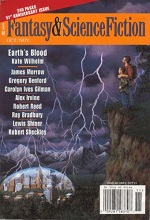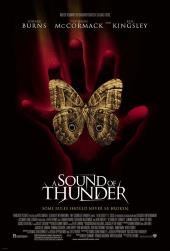Charles visits his boyhood playground, at first on his own and then with his own son. There, he sees Ralph, the bully who tormented him, who’s still a boy and who still seems to be tormenting Charlie.
Perhaps Ralph was meant to be a ghost bully, perhaps the curly haired boy is young Charlie, perhaps Charlie switches bodies with his own son, or perhaps there’s time travel invovled. We doubt that even Captain Kirk could sort out all those perhapses in this TV version of
Ray Bradbury’s story starring William Shatner. But clarity can be had if you read
the original story, which takes about the same amount of time as watching the TV episode but shows the rich inner life of Charles Underwood and leaves no ambiguity about what’s up with “Ralph.”
—Michael Main Tally, if you hear me, come in and build the rest.

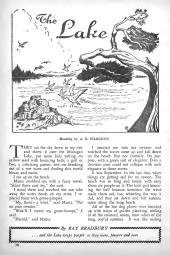

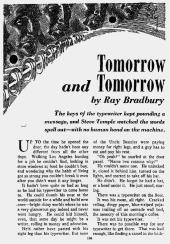
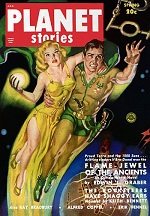
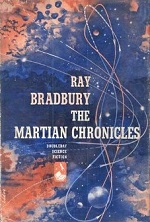
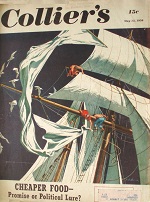
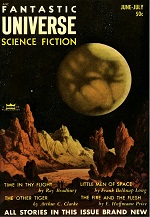
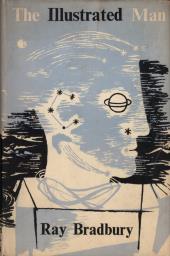
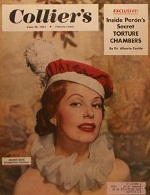
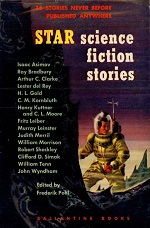
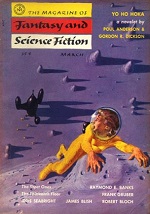
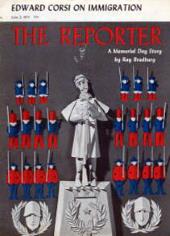
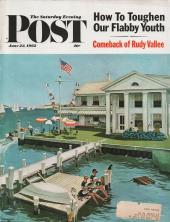
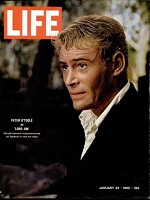
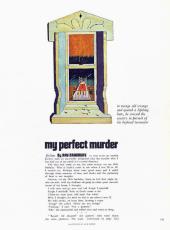
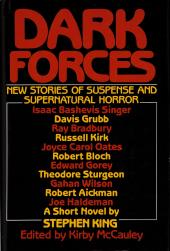
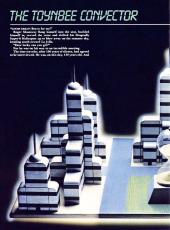
![Ray Bradbury Theater [s01e02]: The Playground William Shatner (as "the Papa") sits in a swing at night, looking on in horror
at something nearby.](https://img.ittdb.com/000000/39/57S-39-000000.jpg)
![Ray Bradbury Theater [s02e10]: Tyrannosaurus Rex Cris Campion (as John Terwilliger) sits at his workbench building a T. rex
model and eating peanuts.](https://img.ittdb.com/000000/39/58S-39-000000.jpg)
![Ray Bradbury Theater [s03e03]: The Lake Exactly half of a large sand castle with a trail of footprints looping around
it.](https://img.ittdb.com/000000/39/59S-39-000000.jpg)
![Ray Bradbury Theater [s03e06]: A Sound of Thunder A gaping T rex shows its sharp teeth and red gums.](https://img.ittdb.com/000000/21/12S-21-000000.jpg)
![Ray Bradbury Theater [s03e06]: Touch of Petulance Sitting on a train, Eddie Albert (as old Jonathan Hughes) looks out over a
newspaper.](https://img.ittdb.com/000000/39/60S-39-000000.jpg)
![Ray Bradbury Theater [s04e08]: The Toynbee Convector James Whitmore (as one-hundred-thirty-five-year-old Craig Bennett Stiles) sits
in his Wellsian time machine with bright bluish light streaming through the high
windows behind him.](https://img.ittdb.com/000000/39/61S-39-000000.jpg)
![Ray Bradbury Theater [s05e06]: The Utterly Perfect Murder A black-and-white overhead photo of a young boy playing a grand piano.](https://img.ittdb.com/000000/39/62S-39-000000.jpg)
